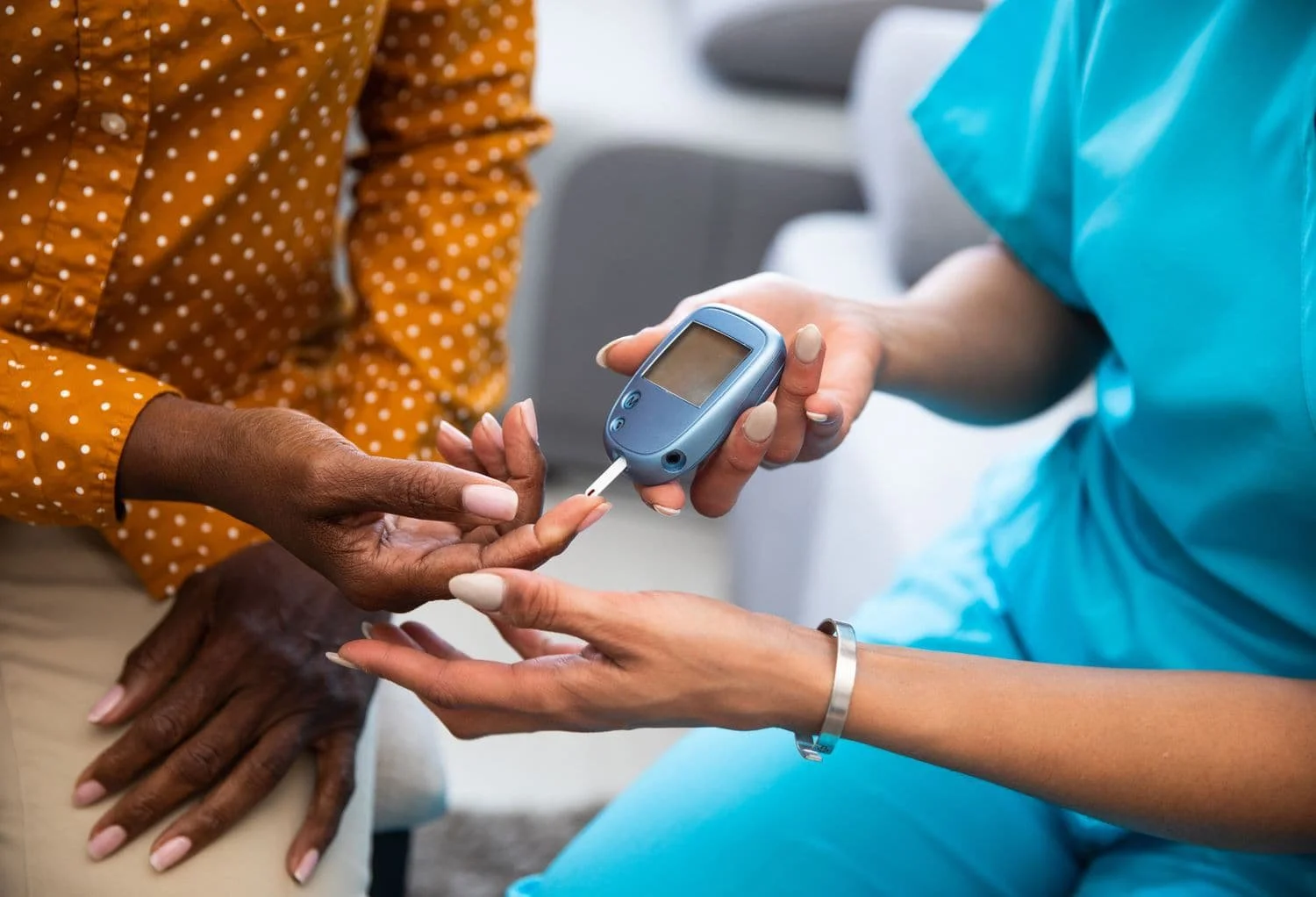By Tracy Courage
U of A System Division of Agriculture
LITTLE ROCK — The University of Arkansas System Division of Agriculture has a new monthly podcast that will be of interest to commercial poultry producers and industry professionals in Arkansas.
UNPLUCKED: The first episode of The Fowl Frontier: Poultry Science Unplucked focuses on biosecurity in light of a recent case of Highly Pathogenic Avian Influenza (HPAI) confirmed in Arkansas. (Division of Agriculture art.)
“The Fowl Frontier: Poultry Science Unplucked” launched Nov. 8 and is available to listeners free of charge on Apple Podcasts, Spotify, Google Podcasts, or the the Division of Agriculture website at uaex.uada.edu/fowl-frontier.
Podcast host Zac Williams, poultry science extension specialist for the Division of Agriculture, said the podcast will address issues relevant to poultry producers and professionals who work in allied industries.
The first episode — “Biosecurity and Highly Pathogenic Avian Influenza” — features guest Dustan Clark, extension poultry veterinarian for the Division of Agriculture and associate director of the Center of Excellence for Poultry Science at the Dale Bumpers College of Agricultural, Food and Life Sciences at the University of Arkansas. With the recent confirmation of highly pathogenic avian influenza in Arkansas, these episodes will provide timely information for poultry producers looking to keep their flocks protected.
“While this episode is mainly aimed at small and backyard flock owners, much of the information will be relevant to commercial producers too,” Williams said.
Poultry is big business
More than 6,500 farms in Arkansas produce some type of poultry. Northwest Arkansas, particularly Washington and Benton counties, produces the most poultry in the state.
Poultry is the leading agricultural industry in Arkansas, which ranks third nationally for broiler production and fourth for turkey production. The poultry industry provides 157,639 jobs and $5.1 billion (50%) of the total agriculture cash receipts in 2021, according to The Poultry Federation.
Easy Listening
Williams joined the Center of Excellence for Poultry Science and Poultry Science Department as an assistant professor in June. In his role, he provides poultry education and outreach through the Cooperative Extension Service, with a focus on connecting with the commercial poultry industry.
Williams, who hosted a similar podcast at the University of Michigan, said podcasts offer a convenient format for farmers and commercial producers to get information relevant to their operations.
“It’s a direct way for us to deliver research-based information to our producers,” William said. “A lot of farmers will listen while they’re on the tractor or driving. They can subscribe and get notifications when there are new episodes.”
Williams also likes the interview-style format and plans to feature guests from the Division of Agriculture and from the poultry and allied industries.
“With this format, I can bring in guests from all over the U.S. or the world to provide knowledge,” he said.
Listeners can also request topics they want to hear about by contacting Williams.
Future outreach
The new podcast is one way Williams hopes to connect with the state’s poultry producers. Workshops and a three-day Broiler Academy are also planned.
Specialized workshops for commercial growers, integrators and employees in allied industries will be offered at the Savoy Farm in Fayetteville. Williams said the workshops will be customized to fit attendees’ needs. To schedule a workshop, contact Williams at 601-527-2871 or zwilliams@uada.edu.
The Broiler Academy is planned for June 3-5, 2024, at the Don Tyson Center for Agricultural Sciences in Fayetteville.
“This will be a Broiler Production 101 type workshop where we’ll provide an overview of broiler production management for anyone who wants to learn more about broiler management,” Williams said. “It will be good for new employees or people who have experience in one area but want to learn more about the industry,” he said.
To learn about extension programs in Arkansas, contact your local Cooperative Extension Service agent or visit www.uaex.uada.edu. Follow us on X and Instagram at @AR_Extension. To learn more about Division of Agriculture research, visit the Arkansas Agricultural Experiment Station website: aaes.uada.edu. Follow us on X at @ArkAgResearch. To learn more about the Division of Agriculture, visit uada.edu. Follow us on X at @AgInArk.




















